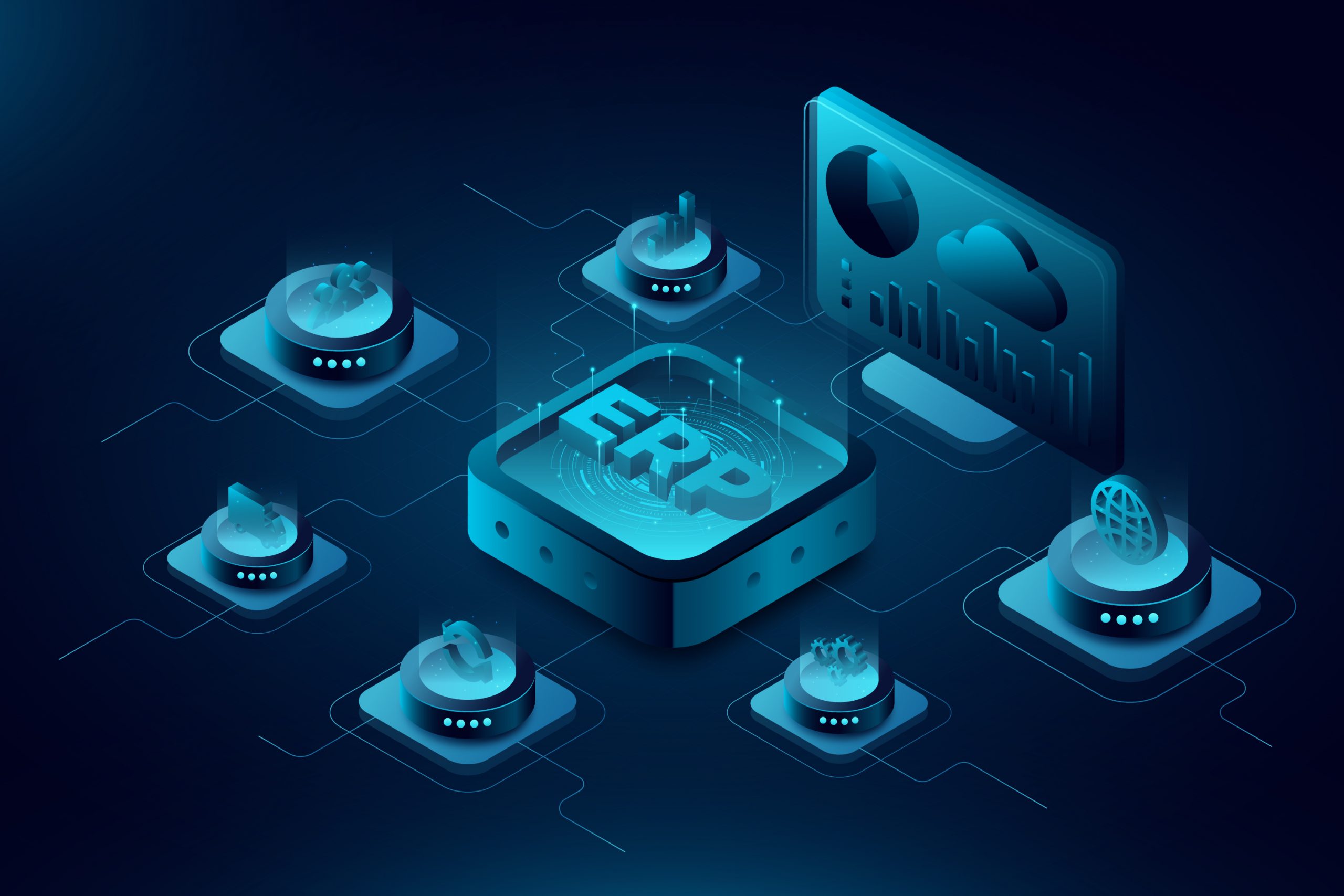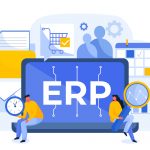When it comes to streamlining operations, improving efficiency, and supporting growth, choosing the right ERP system is crucial for any business. Enterprise Resource Planning (ERP) software integrates various business functions, enabling seamless collaboration and better decision-making. But with so many options available, choosing the right system can be a challenge. Here are the key factors to consider to make an informed decision.
1. Understanding Your Business Needs
Before choosing the right system, it’s essential to assess your current business processes. Identify the areas where you need the most improvement—whether it’s supply chain management, finance, HR, or customer relationship management (CRM). Defining your specific needs ensures that you select an ERP system that aligns with your business goals and supports future growth.
2. Customization and Scalability
Another crucial factor in choosing the right ERP system is its ability to grow with your business. Scalability is essential if you’re planning to expand in the future. Additionally, some ERP systems offer customizable features that allow you to tailor the software to your unique processes. However, while customization can enhance the system’s effectiveness, it’s important to strike a balance to avoid unnecessary complexity.
3. Integration with Existing Systems
When choosing the right ERP system, consider how well it integrates with your existing software and systems. Whether it’s accounting, CRM, or inventory management tools, seamless integration ensures smooth data flow and reduces the risk of data silos. A well-integrated ERP system will enable your business to function as a cohesive unit, improving efficiency and reducing manual work.
4. Ease of Use and User Training
The best ERP system is one that your team can easily adopt. Therefore, ease of use should be a priority when choosing the right ERP system. Ensure that the system has an intuitive interface and provides comprehensive training resources for users. The success of your ERP implementation depends not only on the software itself but also on how well your team can use it to its full potential.
5. Cost and ROI
Lastly, cost is a critical consideration when choosing the right ERP system. While upfront costs for ERP software can be high, it’s important to evaluate the long-term return on investment (ROI). A system that enhances productivity, reduces errors, and improves decision-making will ultimately pay for itself. Additionally, consider ongoing costs such as maintenance, upgrades, and training when assessing your budget.
Conclusion
Choosing the right ERP system for your business involves a careful evaluation of your needs, scalability, integration capabilities, ease of use, and cost. By taking these key factors into account, you can select an ERP solution that not only meets your current demands but also supports your future growth. For more expert insights into business software solutions, visit Bedots.
Read more: The Evolution of ERP: From Legacy Systems to Cloud-Based Solutions



